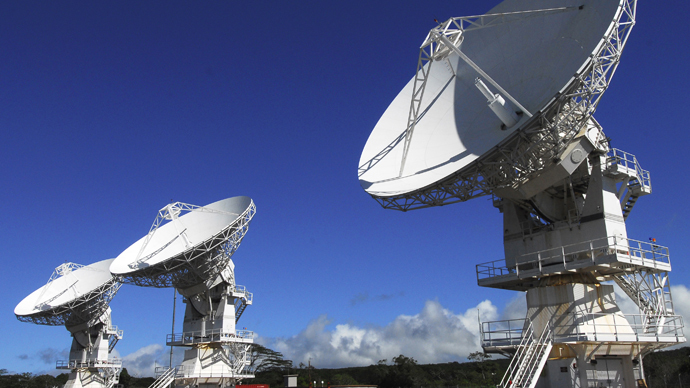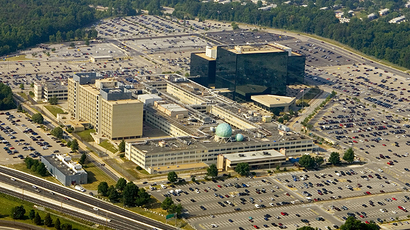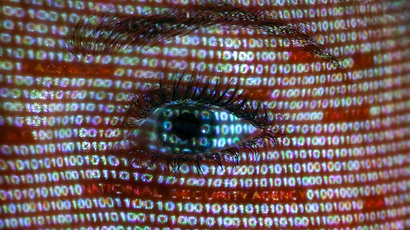Strasbourg court to rule on whether UK mass surveillance is threat to journalism

The London-based Bureau of Investigative Journalism has filed a case with the European Court of Human Rights in Strasbourg challenging current UK legislation on mass surveillance and its threat to journalism.
The case, which seeks to determine if current UK legislation properly protects journalists’ sources and communications from government scrutiny and mass surveillance, was filed on Friday.
If the court rules in favor of the application, it will force the British government to review regulations around the mass collection of communications data.
“We understand why the government feels the need to have the power of interception,” the Bureau’s Christopher Hird said.
“But our concern is that the existing regulatory regime to control the interception of communications data, such as phone calls and emails, by organizations such as GCHQ, does not provide sufficient safeguards to ensure the protection of journalists’ sources, and as a result is a restriction on the operation of a free press.”
The collection of data by authorities is handled by the Regulation of Investigatory Powers Act, known as RIPA. Communications can include emails, phone calls as well as the use of Dropbox, Google docs and communications platforms such as Skype.
Protection of sources
The case is mostly focused on journalists’ communications with sources outside the UK. Bureau journalists communicate with foreign sources for much of their investigative coverage.
The Bureau believes the only way in which journalists can be sure they are protected against mass surveillance is to do all of their communications in person, without the use of electronic devices. This is often impossible, however, especially with sources based outside of the country. Journalists should be able to expect protection under the ECHR, the Bureau argued.
“Journalism is a huge digital information industry in the UK. The days when journalists met their confidential sources in the snug bar and jotted down handwritten notes, or pocketed photocopied documents, are long gone. The tools of the trade are now computers and mobile devices,” Gavin Millar, a QC from Doughty Street chambers, said.
“No one knows anything about what GCHQ does with the journalistic information it pulls in. This is because, startlingly, neither the legislation nor government guidance about its use says anything at all about this,” he said.
The Bureau is working with lawyers from Doughty Street chambers and law firm Leigh Day, who argued that there is little protection provided by current UK legislation for these “external” communications. Data is likely to be intercepted by authorities when investigative journalists cover topics which may be of interest to the government and the intelligence services.
“Police misuse covert RIPA powers to get journalists’ metadata – and so identify sources – routinely now. This circumvents the rights of a journalist to protect a source and to a hearing before a judge before any order is made to disclose such information,” Millar said.
“The sheer volume of data being harvested by GCHQ under RIPA means that confidential journalistic material is also being covertly accessed and analyzed by security and intelligence all the time. Again sources are being identified, but on a much larger scale,” he added.
They argue that UK legislation imposes constraints on free expression for journalists and does not offer enough protection for journalists’ sources. The UK is therefore in breach of Articles 8 and 10 of the ECHR, the Bureau says.
This comes after former NSA contractor Edward Snowden leaked material that showed how developments in mass surveillance could pose a major threat to journalism.
Rosa Curling at the law firm Leigh Day said: “Edward Snowden’s revelations about the mass scale interception, collection, storage and analysis, by the UK government authorities, of emails and metadata sent between UK and non-UK servers fundamentally undermines the ability to operate a free press in this country."














